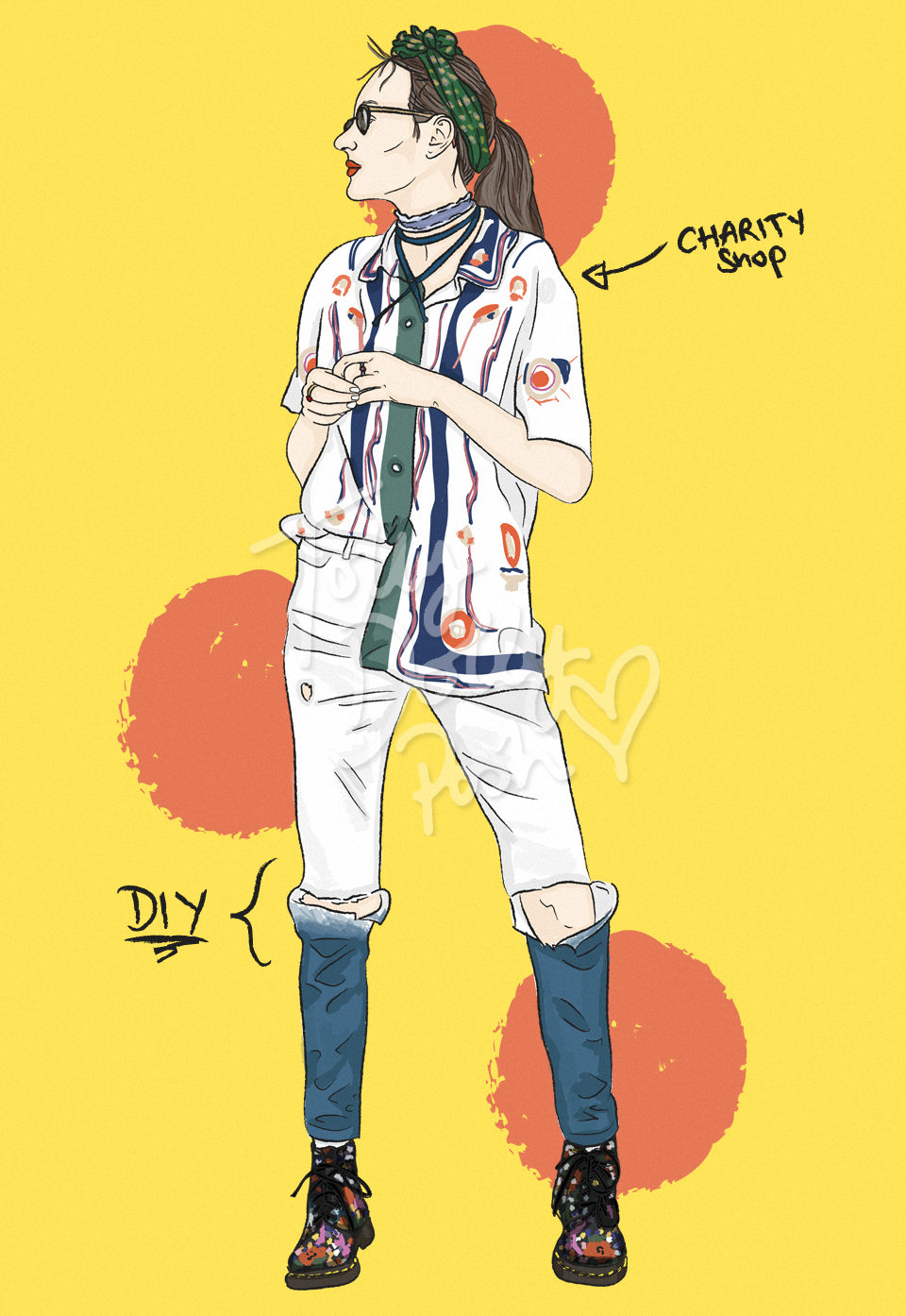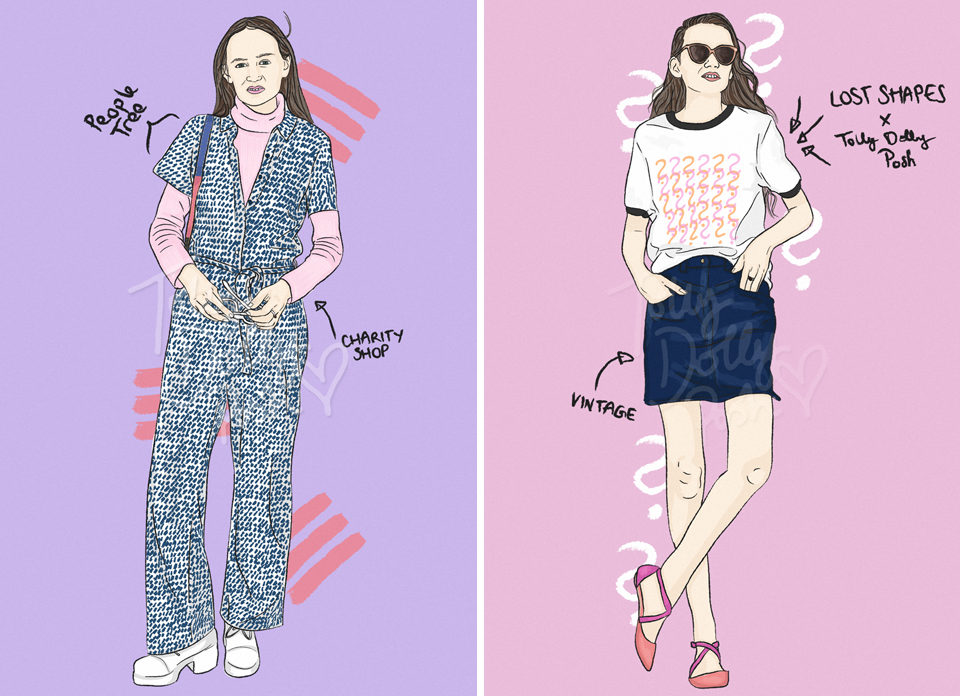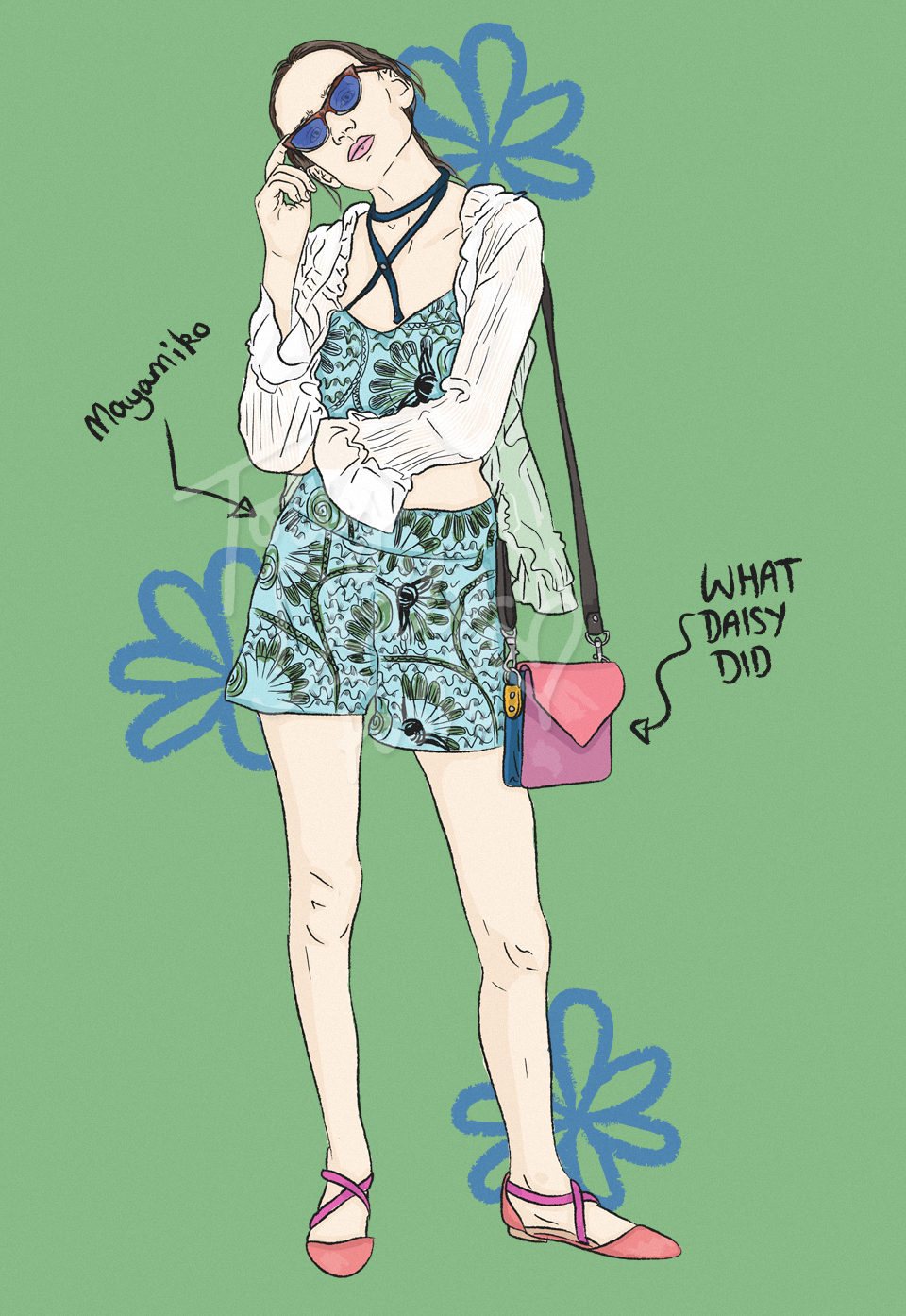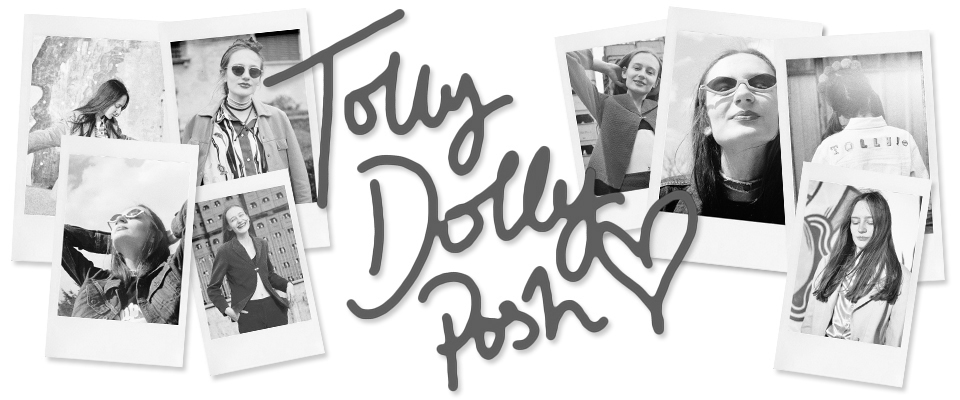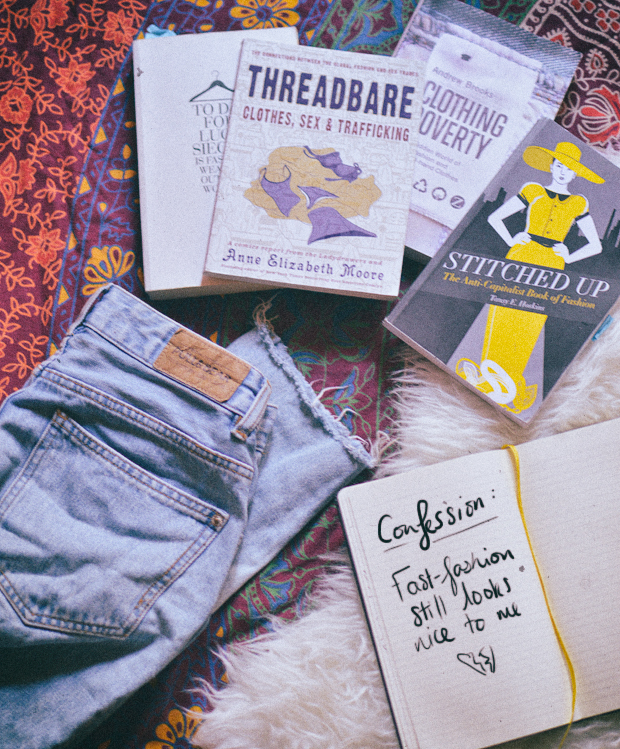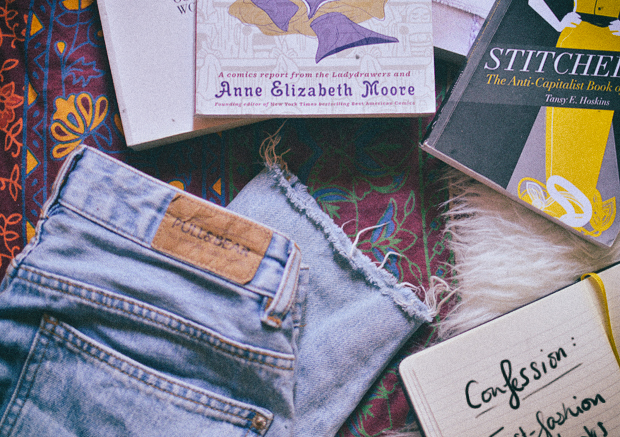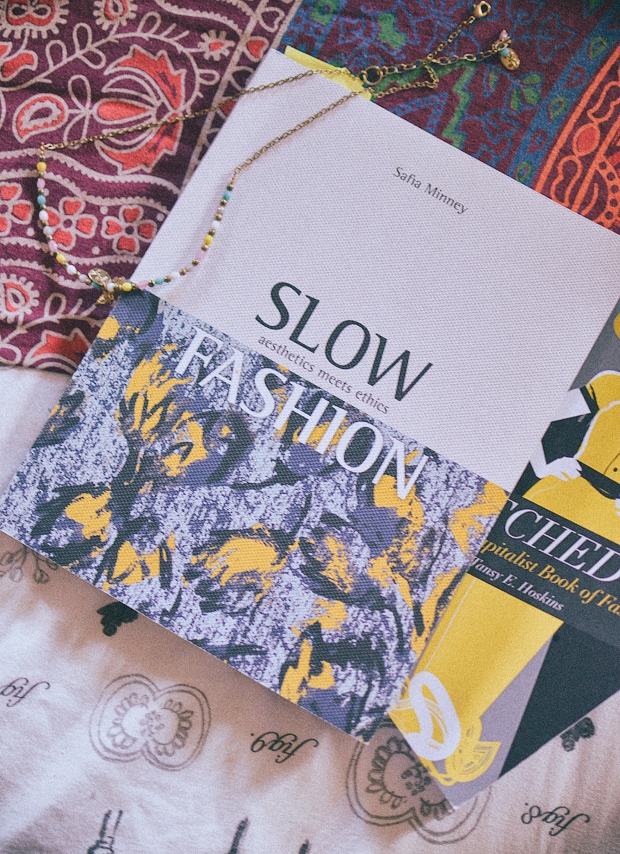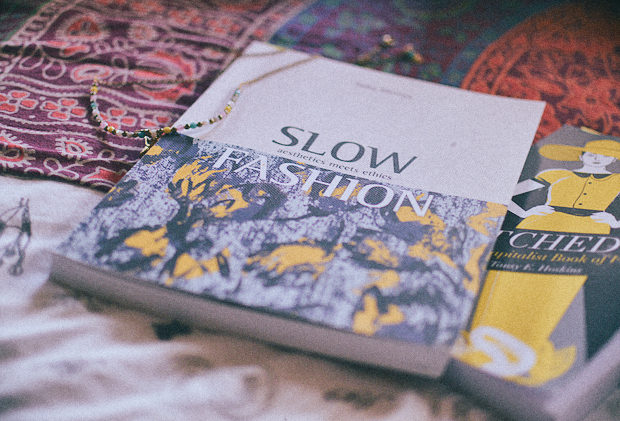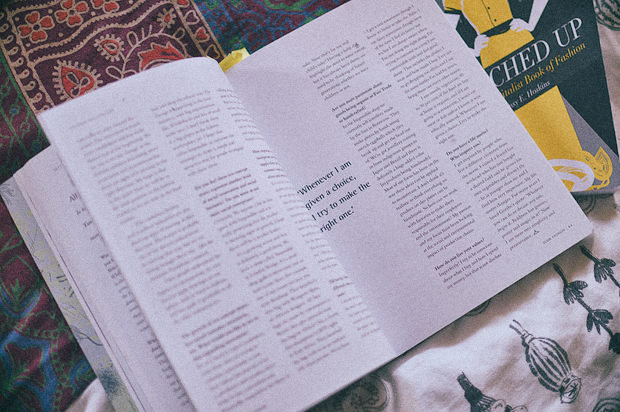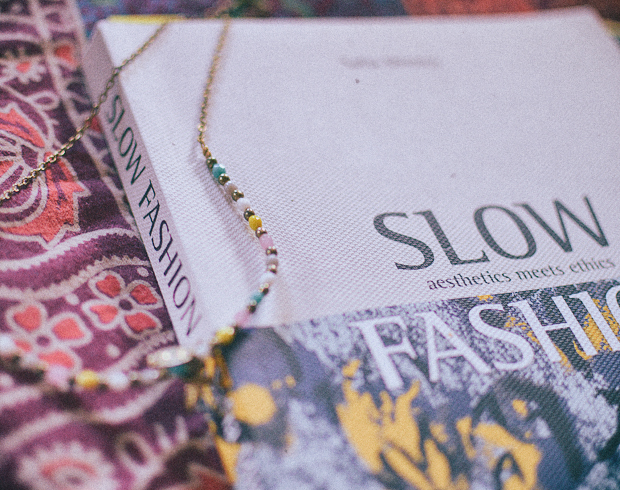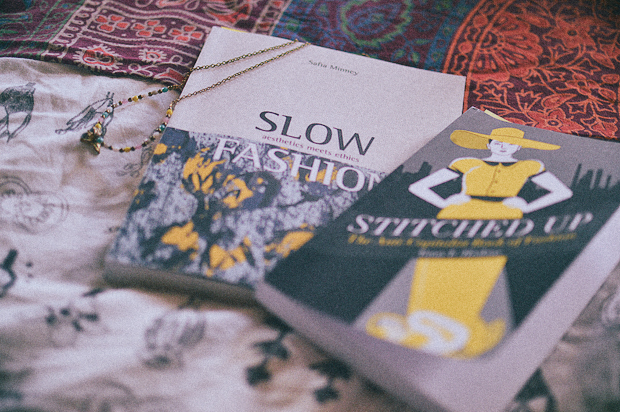For the past week or so I’ve been trying my hardest to put this piece together and have it make actual, logical sense. I wanted to start straight off the bat by saying that ethical fashion isn’t expensive and explain from that point onwards. However, upon writing and re-writing (three times!) and discussing it with others, I’ve come to the conclusion that this topic just isn’t that simple, even if I can see it that way myself.
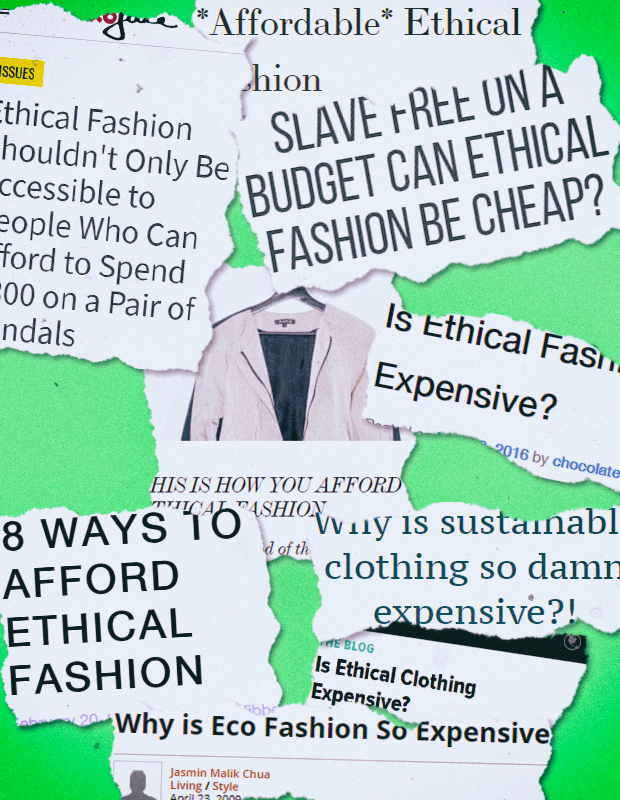
At first, I believed that my own experience of consuming ethical and sustainable fashion was a prime example of debunking the myth of a fair wardrobe being completely inaccessible but even I have to admit that I have certain privileges which make it a whole easier to fathom. I’m all about honesty around here; there’s no such thing as being overly transparent.
If I were to say that I don’t add new items to my wardrobe regularly, that wouldn’t be the whole truth. From time to time, I do fill up the gaps in my wardrobe but often I don’t have to pay the expense because I write this blog and am trusted to receive samples and gifted items in order to promote brands which are doing good work.
This isn’t often, which makes the ‘regularly’ part of the statement correct but it still happens; I can’t deny that and nor would I want to – I love fashion. I would expect you do too if you’re reading this.
If I were to also say that the prices of the brands I promote are realistic for people my age or even just the average person who might come across my blog, that wouldn’t be the whole truth either because without the privileges I receive from writing and working my socks off around here, I can hands down say I wouldn’t be wearing a People Tree jumpsuit or a recycled denim choker that costs almost £30 (although, that People Tree jumpsuit has definitely made me realise how worthy their clothes are of an investment).
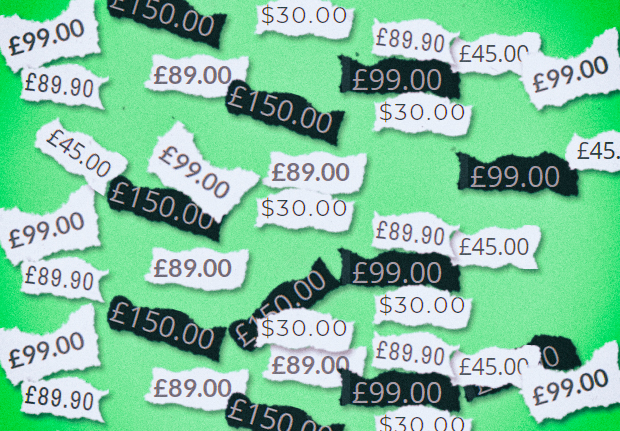
It goes back to the good work they’re doing – I want to show that it’s being done instead of clinging on to the brand names I no longer appreciate. (Bear in mind, I recently turned down an ethical directory feature request because I deemed the brand to be too expensive for my readers. I’m happy with the balance I’ve found.)
If I were to say that second-hand shopping is the best way around any price-based or moral dilemma, that once again wouldn’t be the whole truth because I’m a slim 17-year-old and I’m fortunate most charity shops are filled with viable options for me.
I can’t confirm nor deny whether people of different sizes do genuinely struggle when on the hunt in these scenarios (I often find many more larger sizes, especially in UK stores) but I’m happy to admit I’ve probably been lucky on more than one occasion.
I’m excluding looking for workwear, children’s wear or necessary purchases within this and the rest of my discussion – I’m not about to start saying we should be buying bras and underwear from our local Oxfam (although, good on you if you do) or that a young family of four should all of a sudden stop buying new clothes for their fast-growing kids (my nephews wear mostly second-hand clothes but there’s no way they could go without new shoes or re-purchases here and there).

So, what can I say that for the most part, strips away privilege, anything to do about the way we look at ethical options as an ‘investment’ and the idea of conscious consumerism and changing our shopping habits?
Well, it goes back to what a lot of my past blog posts used to revolve around – the facts and figures that show what we’re paying, isn’t what we should be paying if we want to acknowledge that the industry of fashion and the clothes we wear need to change.
The concept of fast-fashion (aka. the opposite of ethical, sustainable or slow fashion) originated in the 90s when the industry in the west discovered the opportunity to manufacturer clothing at a cheaper price and at a faster rate, allowing customers the chance to update and add to their wardrobe with fresh and new styles whilst saving money at the same time, and in-turn, producing more profit (it makes business sense, right?).
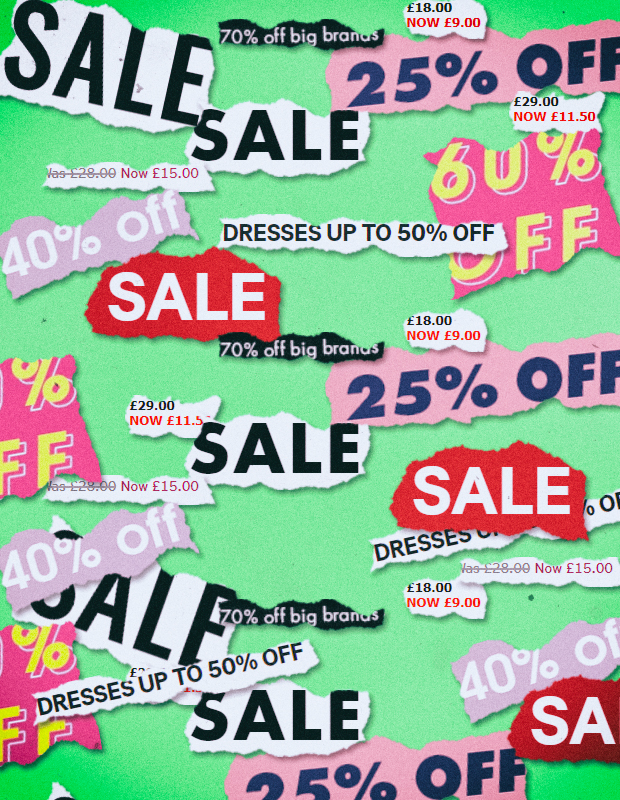
The majority of fashion manufacturing moved overseas, allowing brands to find cheap labour in developing countries. Quite simply, the demand grew, being supported by catwalks, the advertising industry and the new consumer expectation that we could have it all, whenever we wanted and for an amount, our purses would be happy with. This lead to more and more pressure being put upon the factories by the brands we grew to know and love. It’s why we saw the Rana Plaza disaster and the Tazreen factory fire.
Factories in developing countries aren’t built for the consumption of fast-fashion and nor is the supply chain. The cost of production means underpaid workers, poor working conditions, human rights violations and even child or forced labour that nobody would allow elsewhere.

All of these are consequences of the cheap, low prices that can be found on high-streets or online, and that’s not even including the affects this type of production puts on the planet and earth itself. It’s unsustainable and it’s unethical and there’s a reason why it’s cheap and why I don’t use the term very fondly around here.
Even if we’re not used to it and even if it will take years to change – we should be paying more which means ethical fashion, quite frankly, isn’t expensive in theory. It’s expensive in terms of price tag comparison (an ethical t-shirt could cost you £20-30 versus a fast-fashion alternative at £10) but the reason behind it is just and fair. It ensures that workers are paid fairly and that they work in safe environments, as well as often ensuring the use of sustainable and organic materials.
“But in the meantime, Tolly, how can I afford to buy new clothes at the same time as caring about where they come from? It seems impossible.”
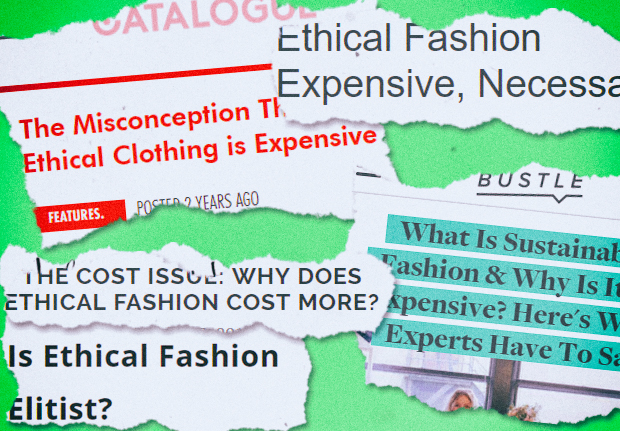
This is where my favourite friend, Mindset, comes into play. Over-consumption goes hand-in-hand with the actual manufacturing of clothes and it isn’t helped by how we now see it being portrayed in front of our very own eyes. I know one YouTuber who has done eight different ‘haul’ videos in the past month.
I’m by no means accusing any of you of over-consuming but I think a lot of us can almost experience a sense of ‘FOMO’ (fear of missing out) by not owning a beret or a pair of heeled boots right now. I know I have!
We live in a society that thrives off of a culture of consuming the latest new “thing” (due to how #capitalism and the world of advertising works, as already mentioned) which is especially the case with fashion, with trends dipping in and out that not only affect our clothes but go on to change everything else around us.

The more we understand that this behaviour and way of consuming isn’t necessary, the less money we’ll end up spending in shorter periods of time, allowing more room for those so-say more pricey purchases which will end up being more of an investment anyway. Cost-effectiveness is sustainable and beneficial especially if you’re on a tighter budget (again – parents or anyone with strict workwear policies, I’m not pointing at you).
For example, if you know a pair of unethically produced shoes which are currently in the fashionable charts, won’t last you as long as a more investable and ethically produced pair would; think about which is more worthwhile, not only for your wallet that may have to repurchase once the cheaper option has worn down but also for the planet and the people who are making them. For me, I don’t even question it anymore.
And if you can and you’re willing to try? Look in Oxfam or Goodwill or on Depop or eBay. Even if it takes you three times as long as looking on ASOS or scrolling through what Topshop has to offer – I promise you it will feel so much more satisfying when you’ve prolonged a perfectly wearable item’s lifespan. I recently welcomed in an old pair of cherry red Dr Martens and a suede coat most definitely not in my size but there’s nothing a new pair of innersoles and wearing something oversized can’t do!
As this title suggests, I want this to be a discussion so go forth and leave your thoughts in the comments!
